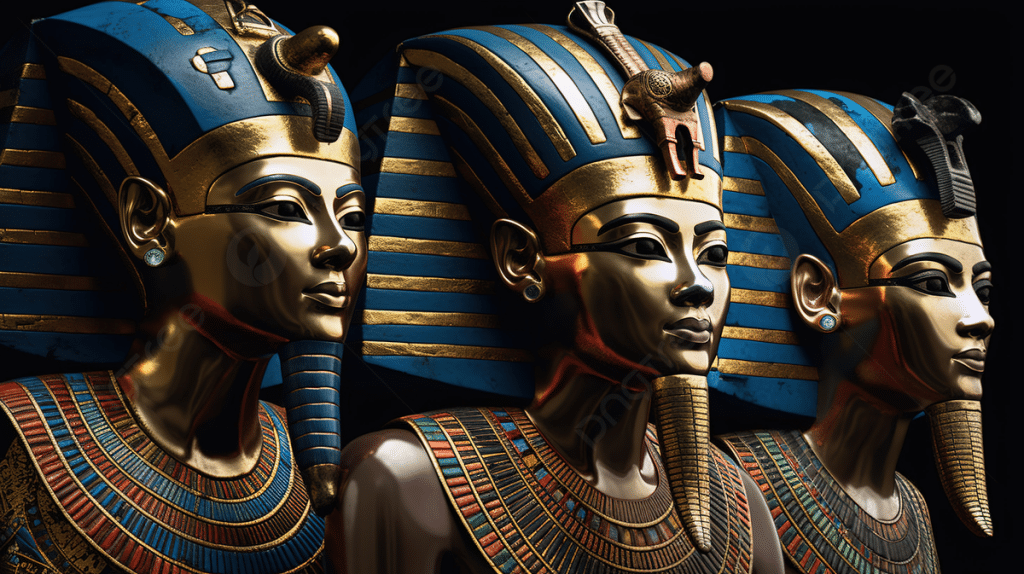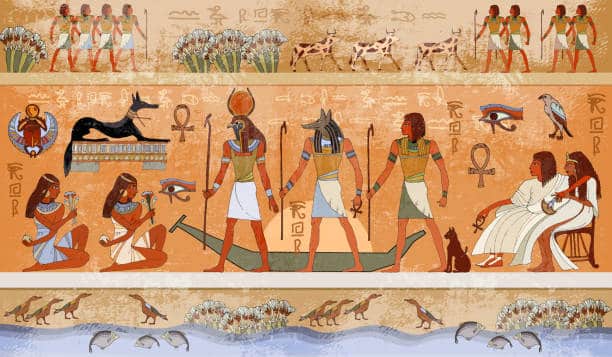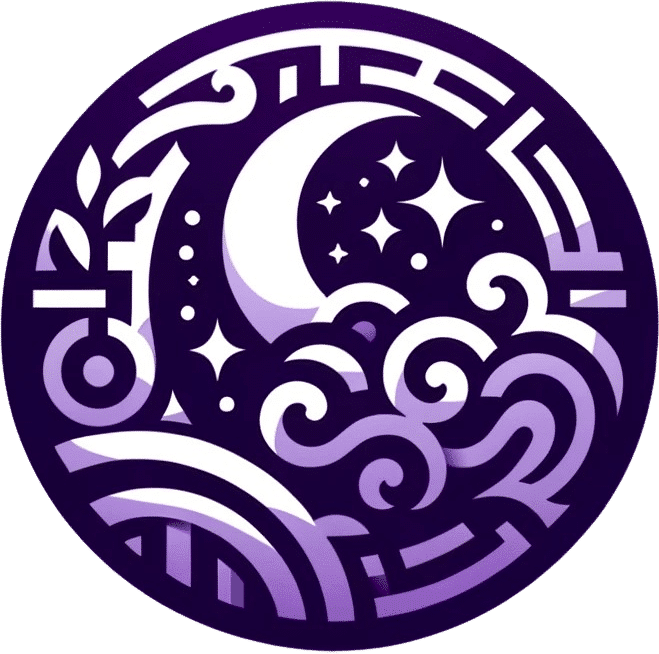Dreams have always fascinated humanity, from personal night visions to those believed to carry divine messages. In ancient Egypt, dreams were considered powerful communications from the gods, and few stories highlight this more than the pharaoh’s dream that Joseph interpreted. This tale, famous in both religious and historical contexts, showcases the profound role of Joseph, the dream interpreter, and how one dream changed the fate of an entire nation.
The Power of Dreams in Ancient Egypt
In the mystical world of ancient Egypt, dreams were far more than fleeting images—they were thought to be sacred messages from the gods. Egyptians believed that understanding dreams could help individuals make important decisions and even predict the future. Pharaohs often consulted priests or dream interpreters to uncover the meanings behind their dreams, seeking divine guidance for their rule and governance.
One of the most significant stories of this era is the pharaoh’s dream that Joseph interpreted. In this case, a simple but mysterious dream became the catalyst for saving Egypt from famine, thanks to the wisdom and insight of Joseph the dream interpreter.
The Pharaoh’s Troubling Dream

The tale begins with Pharaoh experiencing two disturbing dreams that none of his court could interpret. The first dream showed seven fat cows being devoured by seven thin cows, and the second revealed seven healthy heads of grain being swallowed by seven thin, withered ones. Despite consulting his magicians and wise men, Pharaoh could find no satisfactory explanation. That’s when Joseph, a Hebrew prisoner with a reputation for interpreting dreams, was summoned.
Joseph the dream interpreter listened to Pharaoh’s dream and offered a clear and divine explanation. He revealed that the seven fat cows and healthy grain represented seven years of abundant harvest, while the seven lean cows and withered grain foretold seven years of severe famine. Joseph’s interpretation wasn’t just about decoding symbols; it provided Pharaoh with critical advice on how to prepare Egypt for the impending crisis. By storing grain during the seven prosperous years, Egypt could survive the famine to come.
Joseph the Dream Interpreter: A Man of Divine Insight
Joseph the dream interpreter was more than just an ordinary dream analyst—he was believed to be divinely inspired. His ability to understand and explain Pharaoh’s dream came directly from God, according to religious texts. Joseph’s interpretation not only saved Egypt from famine but also elevated his position in Egyptian society. He went from being a prisoner to becoming Pharaoh’s trusted advisor, managing the kingdom’s resources to ensure its survival during the famine.
The story of the pharaoh’s dream that Joseph interpreted emphasizes the profound influence that dreams—and their interpreters—could have on an entire nation. Joseph’s ability to decode divine messages made him a figure of great power, reshaping his destiny and that of Egypt.
The Role of Dreams in Shaping History
The story of Joseph the dream interpreter is just one example of how dreams played a pivotal role in ancient Egypt. Pharaohs and other rulers often relied on dreams for guidance, believing that the gods communicated through them. For instance, the famous dream of Pharaoh Thutmose IV, where the Great Sphinx spoke to him, is said to have influenced his rise to power.
In addition to influencing political decisions, dreams were also seen as personal messages from the gods to individuals. Whether a dream warned of impending danger, offered advice, or foretold the future, Egyptians believed that their nighttime visions held the key to understanding the divine plan.
Dream Interpreters in Ancient Egypt

Dream interpreters held significant positions of influence in ancient Egypt, particularly when it came to guiding rulers. Joseph the dream interpreter is one of the most well-known examples, but many others played similar roles. Priests and scholars often interpreted the dreams of the elite, using religious texts and symbolic traditions to decode messages that could affect the fate of the kingdom.
These dream interpreters were not only valued for their ability to explain visions but were also trusted to provide counsel on how to act based on these interpretations. In Joseph’s case, his counsel led to the preparation of Egypt for a famine that could have devastated the country.
The Legacy of Joseph’s Interpretation
The story of the pharaoh’s dream that Joseph interpreted has had a lasting impact, not just within the context of ancient Egyptian history but also within religious traditions. It is a powerful example of how dreams, when interpreted correctly, can change the course of history. Joseph’s divine ability to foresee the future through Pharaoh’s dream elevated him to a status of great influence, and his story remains one of the most well-known biblical tales.
Even today, the concept of dreams as a source of divine guidance persists in various cultures. Whether viewed through a religious or psychological lens, the legacy of Joseph the dream interpreter continues to inspire questions about the significance of our dreams. Are they merely the workings of our subconscious, or do they carry messages from a higher power, as the Egyptians believed?
Conclusion
The story of Joseph the dream interpreter and the pharaoh’s dream that Joseph interpreted is a testament to the power that dreams have held throughout history. In ancient Egypt, dreams were not just personal experiences but were seen as vital communications from the gods, shaping the fate of individuals and nations alike.
While modern interpretations of dreams may differ, the belief in their potential significance remains. Could your dreams hold hidden meanings or divine messages? Share your thoughts and experiences in the comments below!
